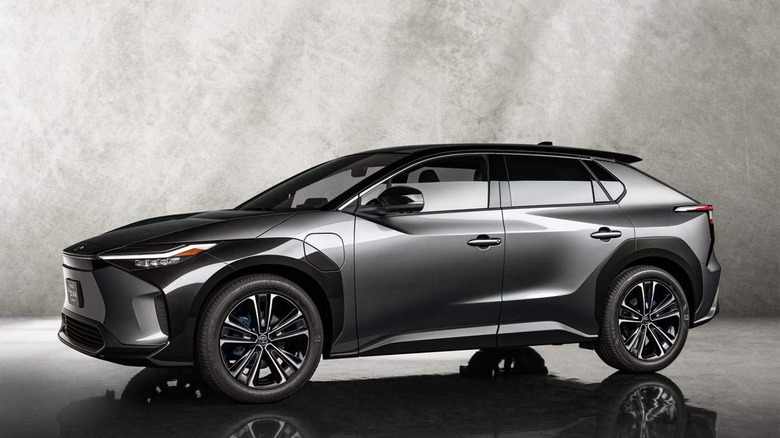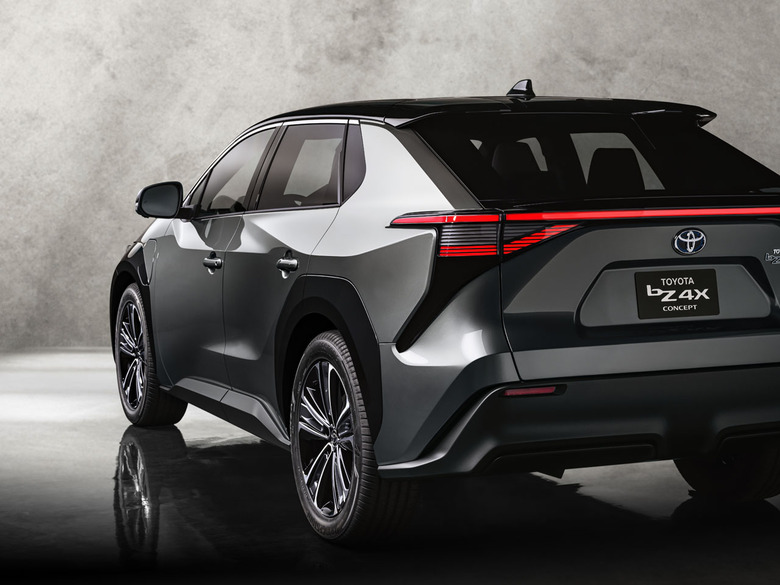Toyota reveals multi-billion battery plans after dropping the EV ball
Toyota plans to pump $3.4 billion into high-tech batteries for electric vehicles in the US, with the automaker revealing aggressive plans for next-gen cells through 2030. The investment will see a new automotive battery plant constructed, Toyota says, as it pushes back against suggestions that it allowed its electrification lead over competitors to wane.
Cars like the Prius gave Toyota an early-mover advantage in EVs, showing the potential for combining internal combustion engines with electric motors and batteries. However, while the Prius family has been a hugely popular range for Toyota, the company was far slower to embrace further EV technologies than its rivals proved to be.
A plug-in hybrid (PHEV) Prius, for example, was laggardly to arrive on the market. Currently, Toyota offers just a handful of PHEVs in the US, and has no all-electric models in its line-up. The automaker even joined a coalition against proposed US EV incentives, taking issue with potential criteria that would only make those cars produced by unionized workers eligible for the maximum credit.

The reality, though, is that EVs are undeniably the future, and Toyota can't afford to sit the game out. The company has already shown off its plans for an electric SUV, the bZ4X, one of two new BEVs that are on the cards for a launch in the US in 2021. Beyond that, it'll be using its e-TNGA – a dedicated electric vehicle platform – for other models.
Today's news of a big battery investment plays into that. The $3.4 billion is part of a total $13.5 billion that the automaker said last month would be earmarked for battery development and production. The new US company – in partnership with Toyota Tsusho – will result in a new battery facility somewhere in the US, itself receiving around $1.29 billion until 2031.
It'll result in around 1,750 new jobs, Toyota says, though production won't begin until 2025. Toyota will also focus on li-ion battery technology, initially intended for hybrid EVs.

Toyota says it expects electrified vehicles in general to account for nearly 70 percent of its US sales by 2030. There'll be around 70 electrified models in its line-up by 2025 – versus 55 today – though that figure will span everything from mild hybrids, through plug-in hybrids and fuel-cell vehicles, to fully battery-electric models. 15 are expected to be purely electric.
Securing sufficient battery supplies – and making sure they're high-density enough to deliver effective EV range – has become a key concern for all automakers. Most of the big players are taking production matters into their own hands, with Ford, GM, and others planning expansion of existing factories and announcing investment into new research & development locations.
